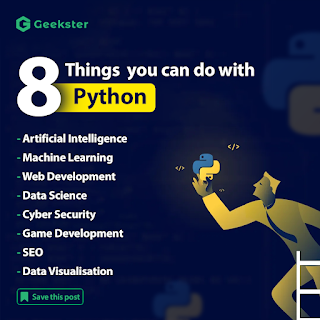Data science course syllabus

This course provides an introduction to the field of data science , covering key concepts, techniques, and tools used to analyze and interpret large datasets. Topics include data wrangling, exploratory data analysis, statistical modeling, machine learning, and data visualization. Students will gain hands-on experience working with real-world datasets and tools such as Python, R, and popular libraries for data analysis. Week 1: Introduction to Data Science - Overview of data science and its applications - Introduction to Python programming language and Jupyter Notebooks - Basic data types and data structures in Python Week 2: Data Wrangling - Data cleaning techniques - Handling missing data - Data transformation and manipulation with pandas library Week 3: Exploratory Data Analysis (EDA) - Descriptive statistics - Data visualization using Matplotlib and Seaborn - Exploratory data analysis techniques Week 4: Statistical Analysis - Probability distributions and hypothesis testing - Correl...